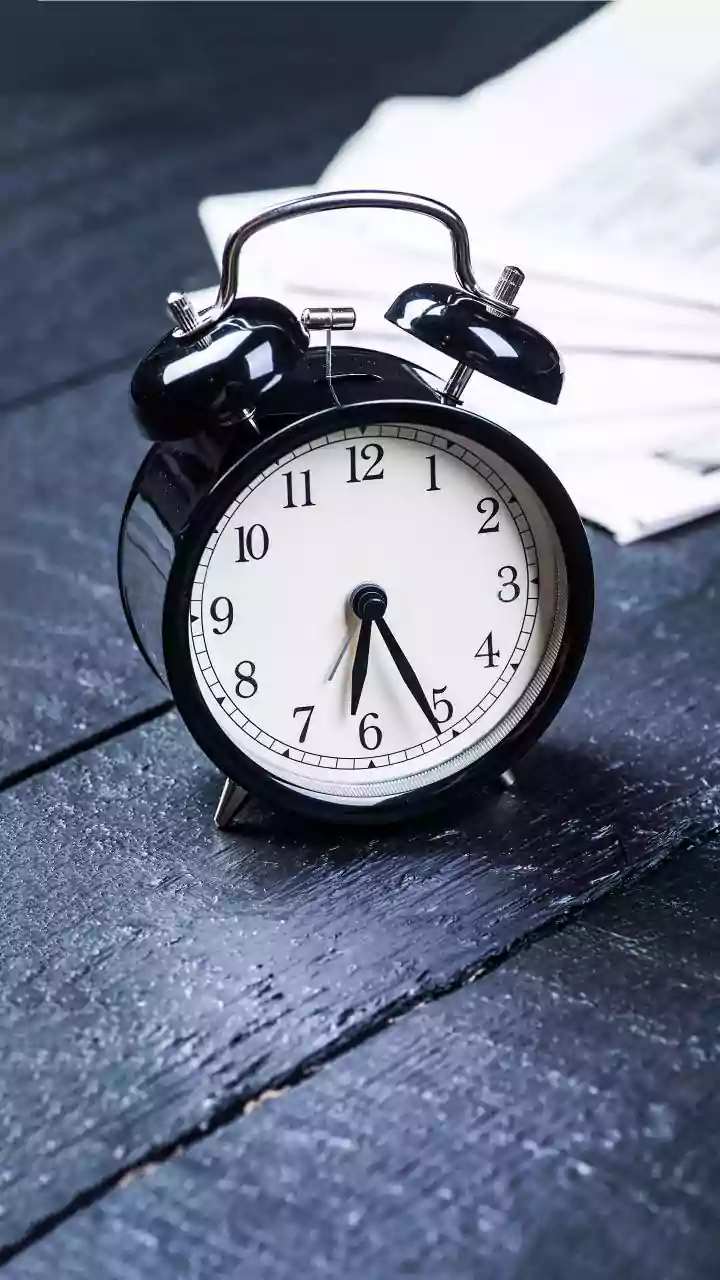Coffee & Mental Tasks
Coffee is often linked with physical activity, such as in sports, but this is a false correlation. The true power of coffee lies in its ability to enhance
mental acuity. It's a great tool to stay focused when you need to perform mental tasks, like concentrating on work, studying, or engaging in creative problem-solving. This targeted approach leverages coffee's effects where they matter most, allowing you to maximize its cognitive benefits. Instead of reaching for coffee when you're physically tired, think of it as a mental enhancer and use it strategically for your brain's performance. By adjusting the timing and intake, you can experience a significant boost in your mental sharpness and productivity throughout the day. This shift in perspective ensures you're getting the best possible value from your cup of joe.
Avoid Evening Coffee
Drinking coffee late in the day can profoundly impact your sleep quality. Caffeine, the active ingredient in coffee, has a long half-life, meaning it stays in your system for several hours. Consuming coffee in the evening can easily interfere with your ability to fall asleep and to stay asleep throughout the night. Even if you don't immediately feel the effects, caffeine can disrupt your sleep cycles, leading to reduced rest and a feeling of fatigue the next day. A good general rule is to avoid coffee consumption after early afternoon. This gives your body sufficient time to process the caffeine before you head to bed. This practice ensures you're able to fully unwind and get the restful sleep you need for optimal physical and mental performance.
Midday Slump Solution
The afternoon slump is a common experience, marked by a decline in energy and focus. Coffee can provide a much-needed boost to combat this. The best time to drink coffee in order to get the maximum effect is when you start to feel the effects of your mid-day slump. That said, it's best to avoid coffee first thing in the morning when the cortisol level is naturally high, making the effects less potent. This strategic timing will help you reclaim your mental clarity and power through your work. By using coffee as a tool for a specific need, you can navigate your day with sustained energy and concentration. Keep in mind that everybody is different, and the timing that works for someone else might not work for you. That's why it's also very important to personalize your intake and adjust it as needed.
Sleep and Focus
Getting the timing of your coffee just right is crucial for both better sleep and enhanced focus. Aim for coffee consumption in the early morning or mid-day to capitalize on its alertness-boosting effects during your peak work hours. Pair this with a strategy to avoid caffeine intake later in the day. By planning your coffee consumption, you can enjoy sustained focus throughout your productive periods while ensuring you're able to wind down for a restful night's sleep. This balance is key to making the most of coffee's benefits, optimizing your cognitive function, and maintaining healthy sleep habits. When you consider the timing, you can tailor your caffeine intake for improved overall performance.
Personal Tolerance Levels
Everyone processes caffeine at a different rate, and the impact of coffee varies from person to person. Factors like genetics, metabolism, and existing caffeine tolerance levels all play a role in how you respond. Some individuals are more sensitive to caffeine's effects than others and may experience anxiety, insomnia, or jitters even with moderate intake. It's important to monitor your personal responses and adjust your coffee habits accordingly. Listen to your body and recognize the signs of excessive caffeine intake, such as a racing heart, nervousness, or difficulty sleeping. By paying attention to these cues, you can refine your coffee routine to better suit your individual needs. Remember that less is often more. Sometimes a smaller amount of coffee, or a less frequent use, can yield better results than a larger dose.
Maximum Morning Alertness
To maximize alertness in the morning, consider the ideal coffee timing. Your body naturally produces cortisol, a hormone that regulates alertness, which peaks in the morning. Drinking coffee immediately upon waking may be less effective, since your body is already naturally alert. Instead, it can be more beneficial to have coffee a little later, after the initial cortisol surge, to get a better boost. This approach allows coffee to enhance your alertness, when your body's natural cortisol levels begin to decline, offering a more effective and sustainable energy lift. Adjusting the time of your first cup of coffee can improve its impact. This method will help you optimize your cognitive function from the start of your day, providing an extra mental edge for your tasks and activities.






















